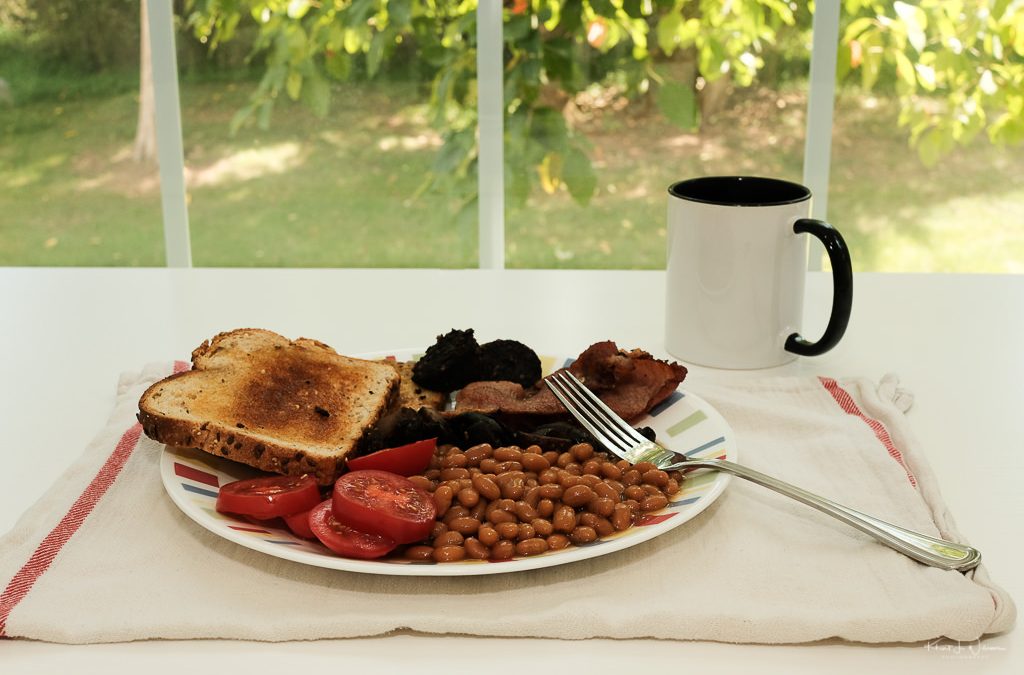Exploring the Diversity of British Breakfast – A Delicious Dive into British Breakfasts
British breakfasts are more than just a meal. They are a reflection of cultural heritage and culinary evolution. From the iconic full English to regional delights, each breakfast dish tells a story of tradition, flavour, and the warmth of hospitality.
English Breakfast | img via wikipedia commons
The Full English Breakfast Tradition
Dating back to the 14th century, the full English breakfast has been a staple of British cuisine, evolving over centuries into the hearty meal enjoyed today. Originating from grand hunt breakfasts of the landed gentry, it has become a symbol of British culinary culture.
Victorian Refinement
During the Victorian era, breakfast became an opportunity for social display, with the wealthy elevating the traditional English breakfast into an art form. Exotic ingredients and refined presentation marked this period as the golden age of breakfast elegance. Interesting Facts about Food: Did you know that some historians believe the Victorians’ love for elaborate breakfasts may have stemmed from a distrust of dinner parties, which they saw as breeding grounds for gossip and scandal? Learn more with popular blogs such as The Dine and Wine.
Edwardian Standardisation
The Edwardian era saw the standardisation of English breakfast ingredients, making it more accessible to the masses. Bacon, eggs, sausages, black pudding, and beans became staples on breakfast tables across the nation, reflecting the changing social landscape of the time.
Regional Variants and Modern Revival
Across Great Britain, regional variations of the English breakfast showcase local ingredients and culinary traditions. From the Scottish/Irish full breakfast to the diversity of sausage and bacon recipes, each region offers its own twist on the classic dish. Today, there’s a revival of traditional breakfast ingredients in higher-end establishments, celebrating the heritage and artistry of the English breakfast.
Related posts
Archives
Categories
- Appetizers (54)
- Arab (50)
- Bars (61)
- Burmese (6)
- Café (46)
- Casual Dining (83)
- Chinese (37)
- Coffee House (43)
- Desserts (73)
- Destination Dining (448)
- Diner (64)
- Family Restaurants (123)
- Fast Food (111)
- Fine Dining (571)
- Food Facts (283)
- Healthy Food (164)
- Hong Kong (10)
- Indonesian (15)
- Italian (4)
- Japanese (18)
- Main Dishes (100)
- Maldivian (87)
- Miscellaneous (10)
- Miscellaneous Topics (402)
- Palate (81)
- Recipes (143)
- Restaurants (262)
- Sea Food (145)
- Singaporean (39)
- Sri Lankan (71)
- Steaks & Grill (98)
- Street Food Stalls (185)
- Thai (99)
- Types of Cuisines (179)
- Vegan (72)
- Vegetarian (18)
- Vegeterian (48)
- Vietnamese (22)
- Western (12)


